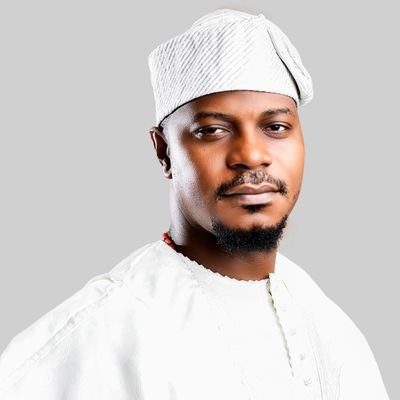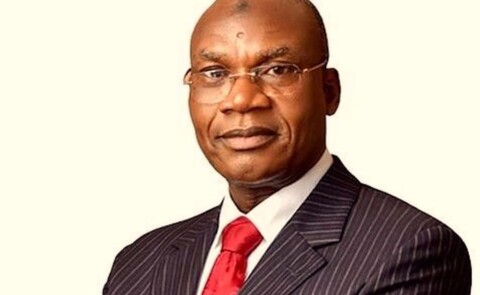Gbadebo Rhodes-Vivour, a former gubernatorial candidate for the Labour Party in Lagos State, has criticized the Nigerian government for not investing enough in education, especially in rural areas. He believes this lack of investment is part of a bigger plan to keep people poor and uneducated, which helps maintain the current power structures.
Rhodes-Vivour, who is also an architect, pointed out that Nigeria’s educational system lacks a complete and inclusive historical curriculum. He thinks this gap is a deliberate effort to limit the potential of the Nigerian people.
His call for more investment in education follows a recent report from the HP Futures initiative, in partnership with the Global Learning Council and T4 Education. This report stated that investing in education is essential for future success, particularly during tough economic times. Research from the Washington Center for Equitable Growth found that every dollar spent on education results in a $1.66 return in economic activity, especially beneficial during recessions.
While speaking on the first episode of the “Good News Naija Podcast,” which launched during Nigeria’s Independence Day celebrations, Rhodes-Vivour explained how the current curriculum—mostly focused on colonial history—has made many Nigerians feel inferior and dependent. He also criticized the culture of impunity that allows politicians to avoid accountability for corruption and urged citizens to demand better leadership.
He said, “Understanding history helps people see a greater vision of themselves and achieve greatness.” Rhodes-Vivour emphasized the need for the government to create more job opportunities for young people and strengthen social safety nets to support those in need.
He expressed concern that ignoring Nigeria’s rich and diverse history deprives citizens of important knowledge that could inspire them. “It’s easier to control people when they feel divided and lack a sense of unity,” he noted.
Rhodes-Vivour highlighted that neglecting a well-rounded educational curriculum limits critical thinking and creativity among students. He urged the government to change the education system and introduce a more inclusive curriculum that reflects the country’s diverse heritage and history.
Additionally, Rhodes-Vivour called for a fairer distribution of resources and opportunities, criticizing the concentration of wealth and power among a few individuals. He urged the government to address inequality and ensure that everyone has equal access to education, healthcare, and other essential services.





